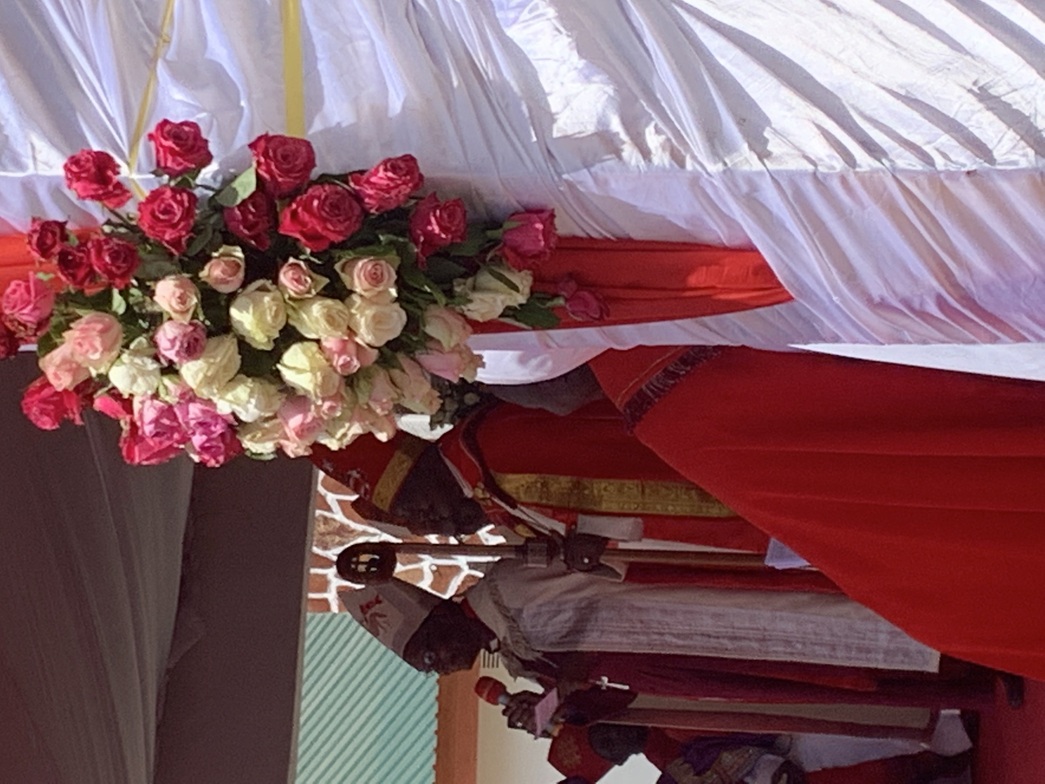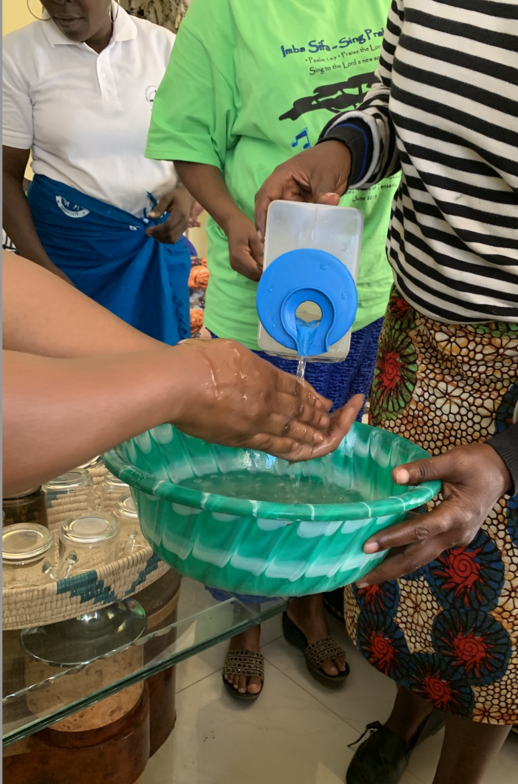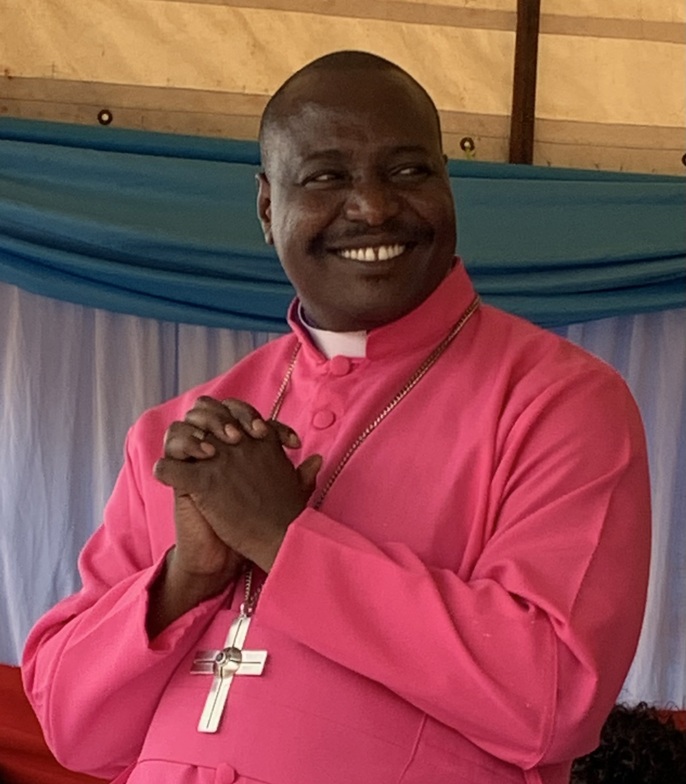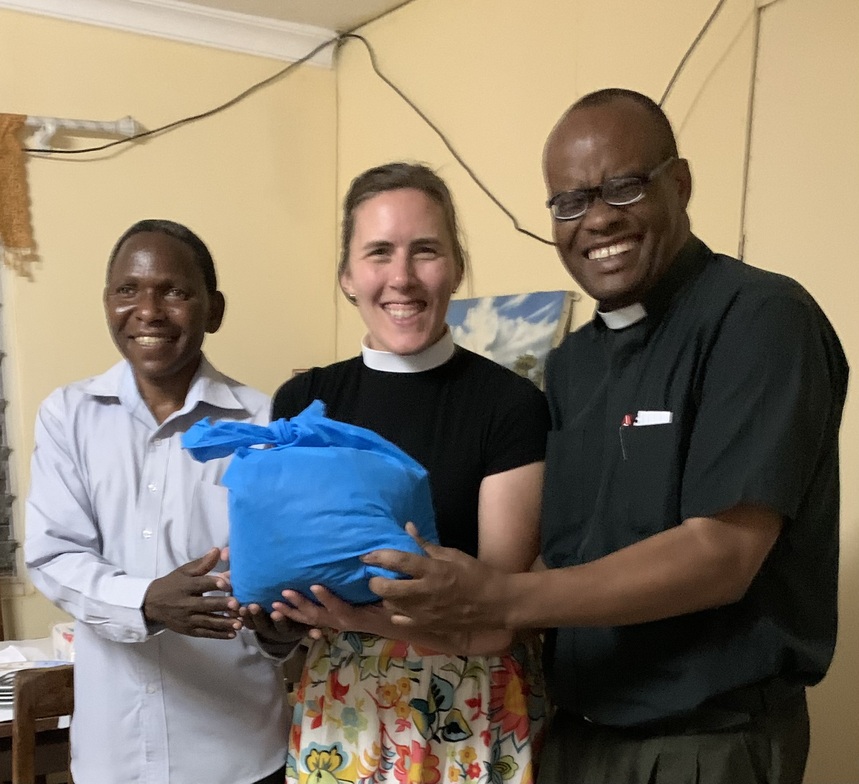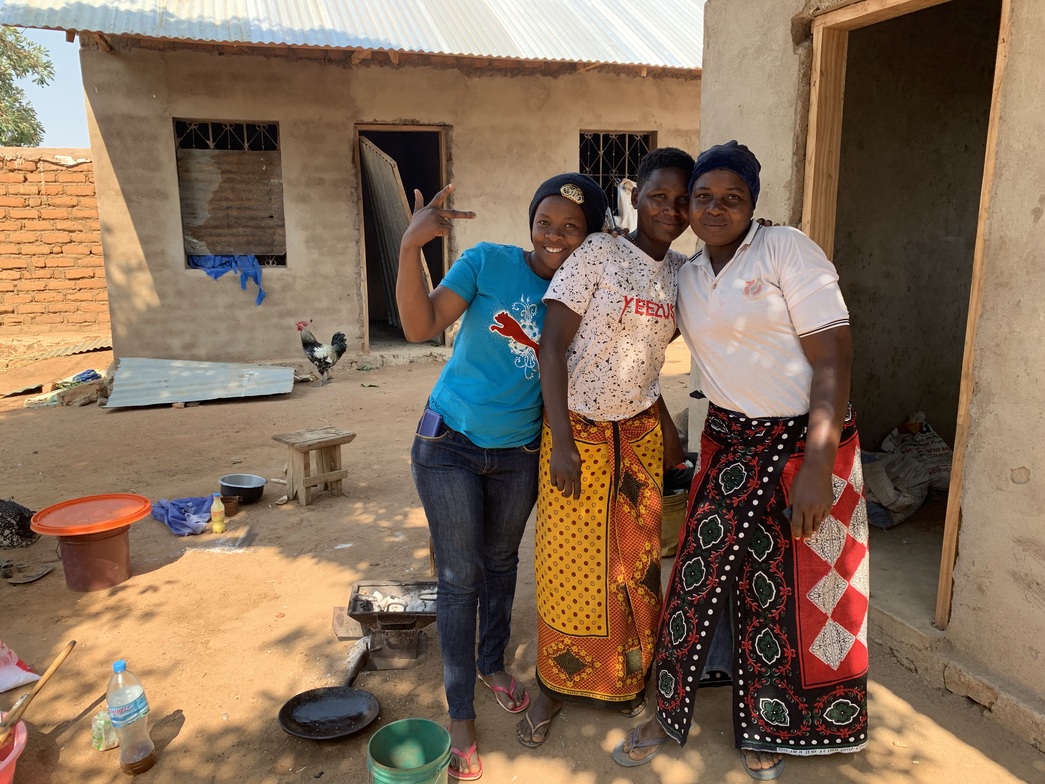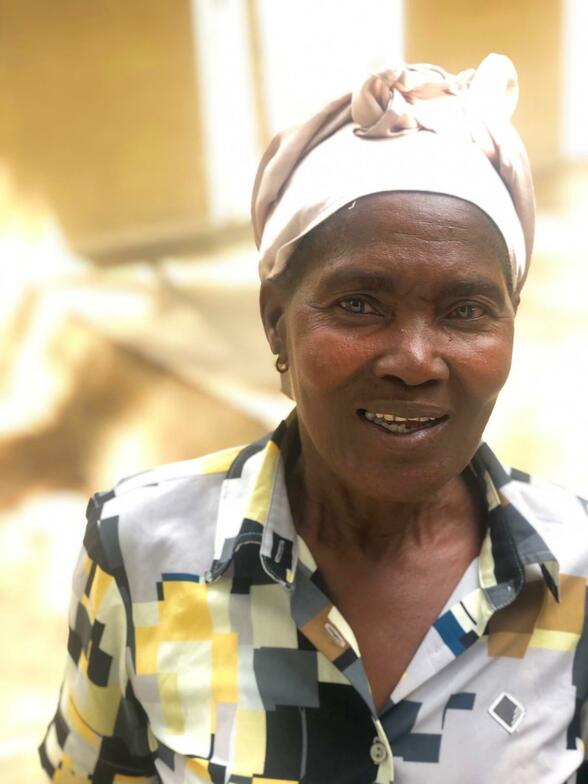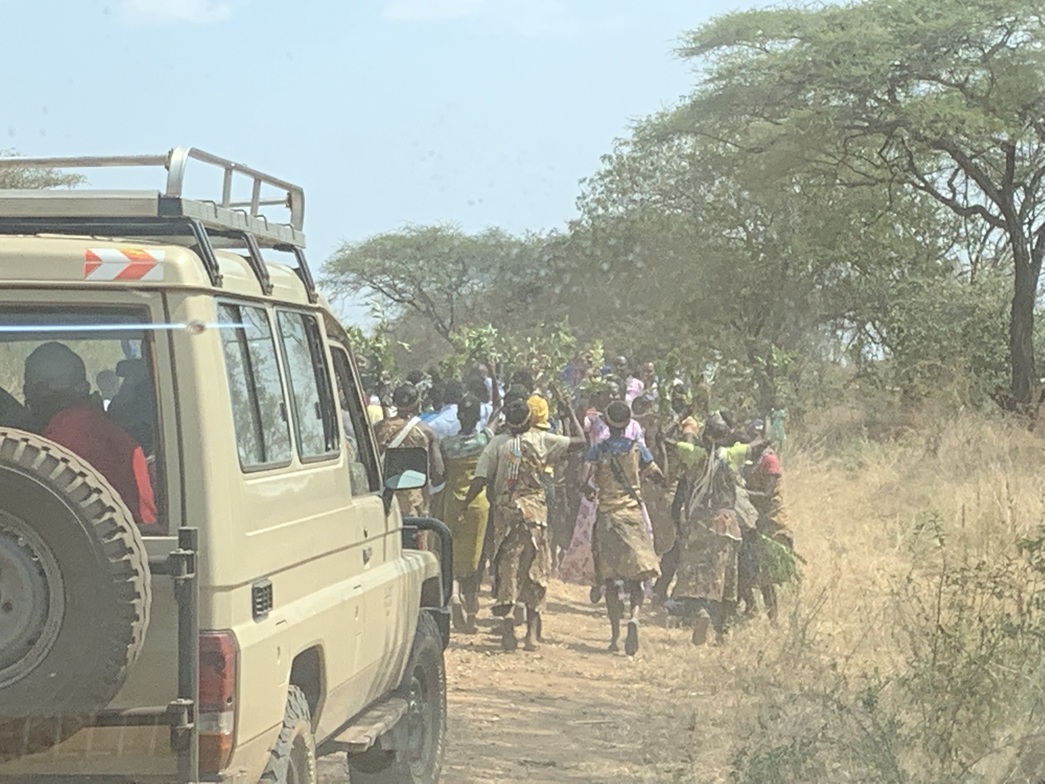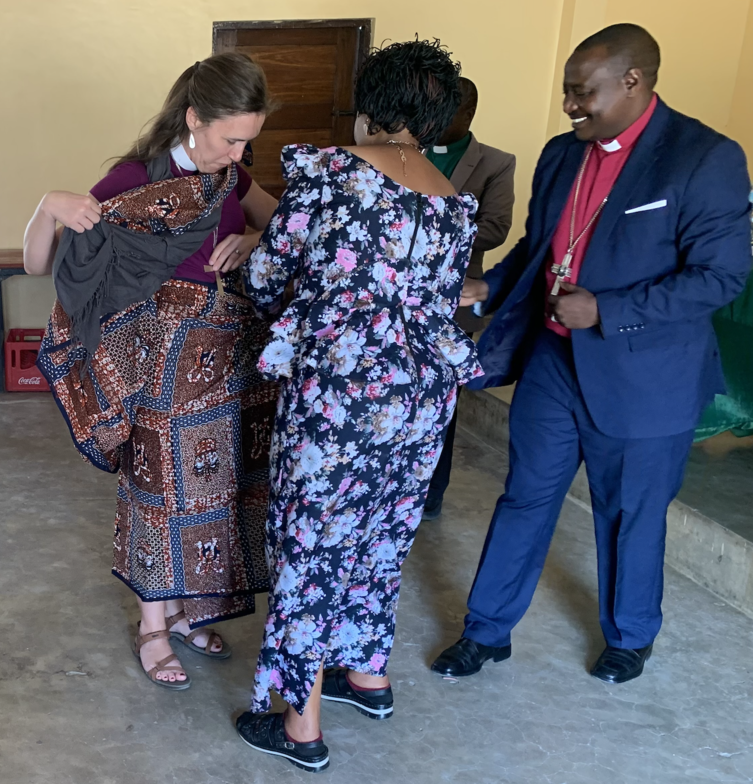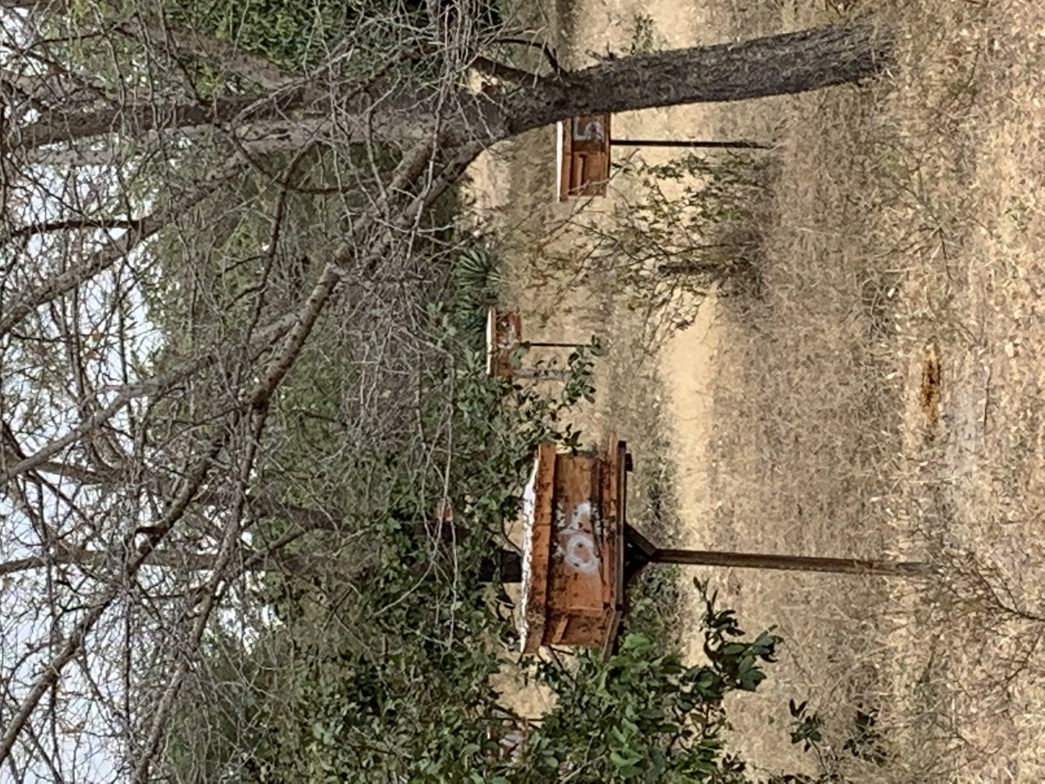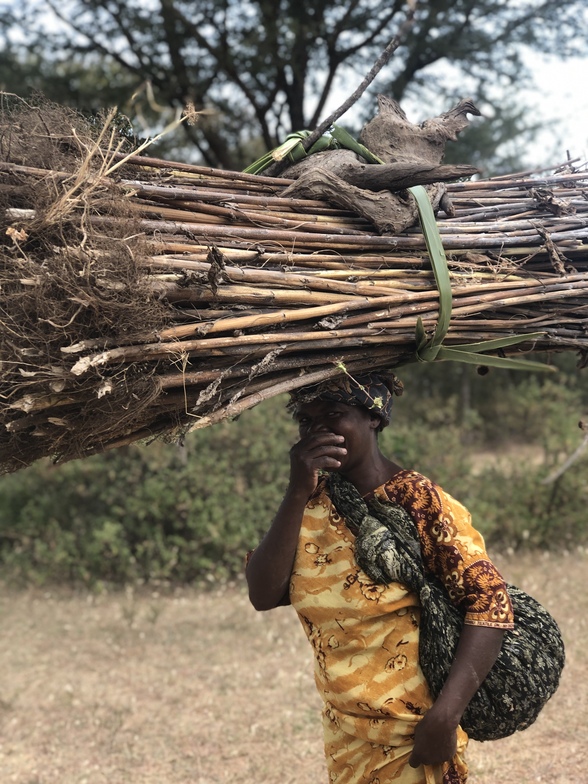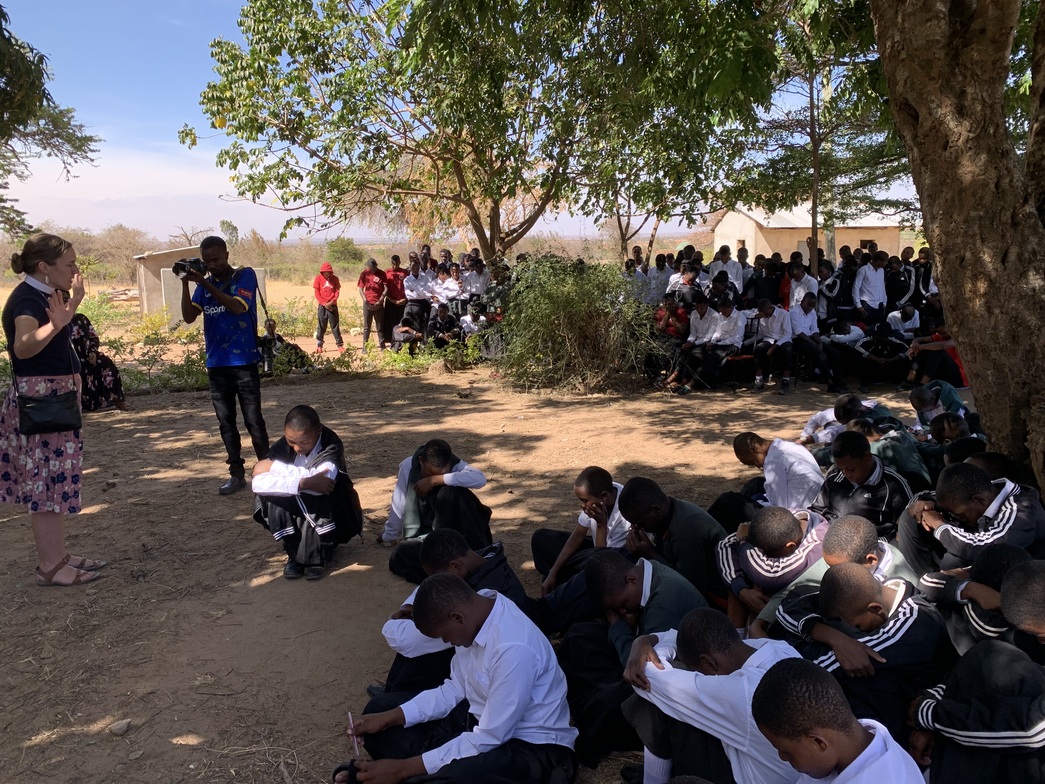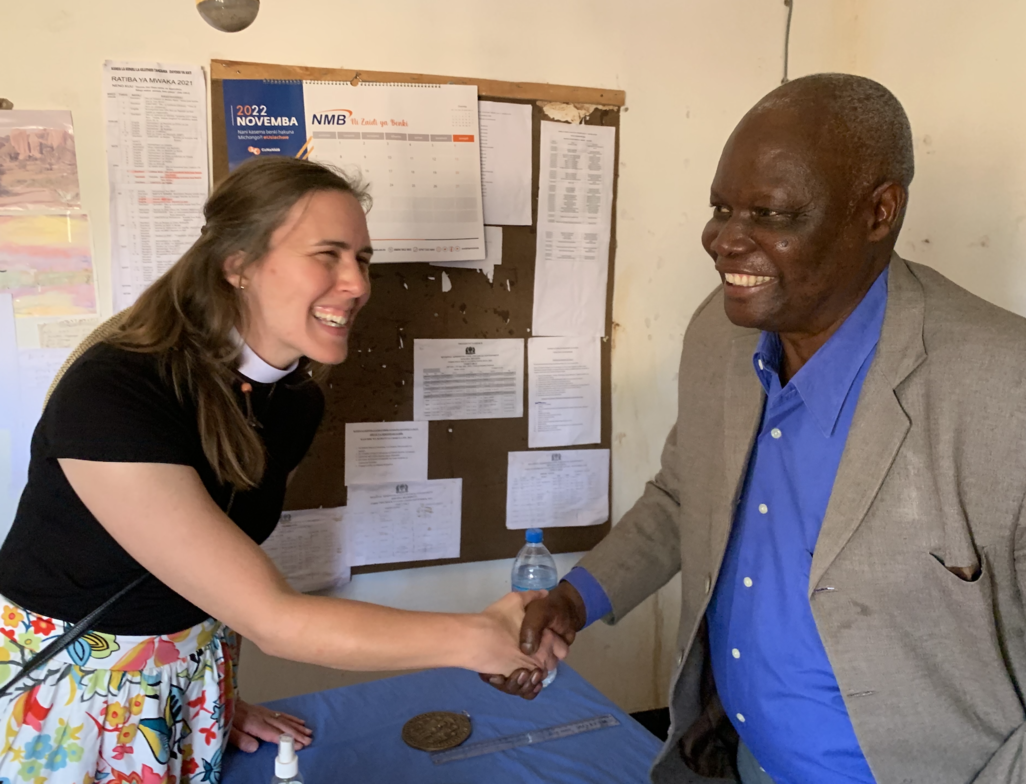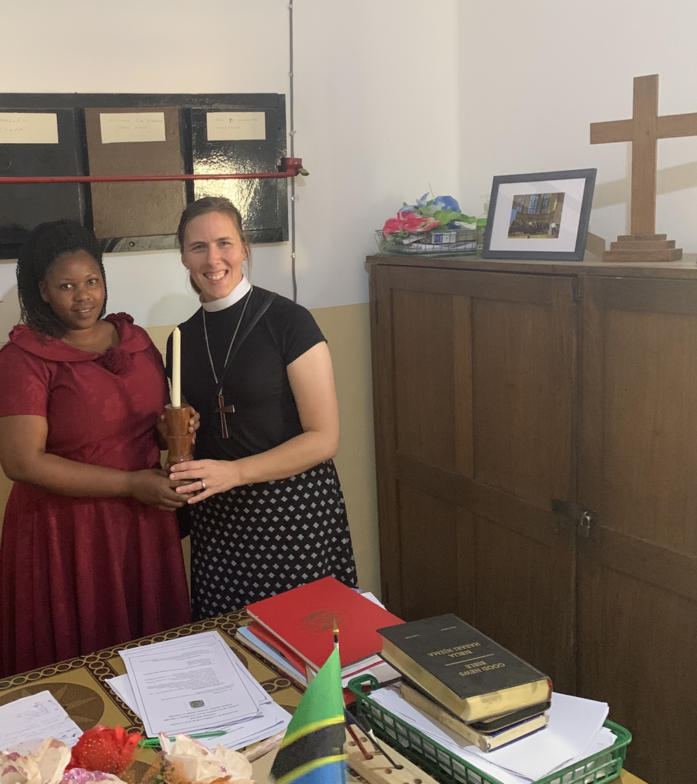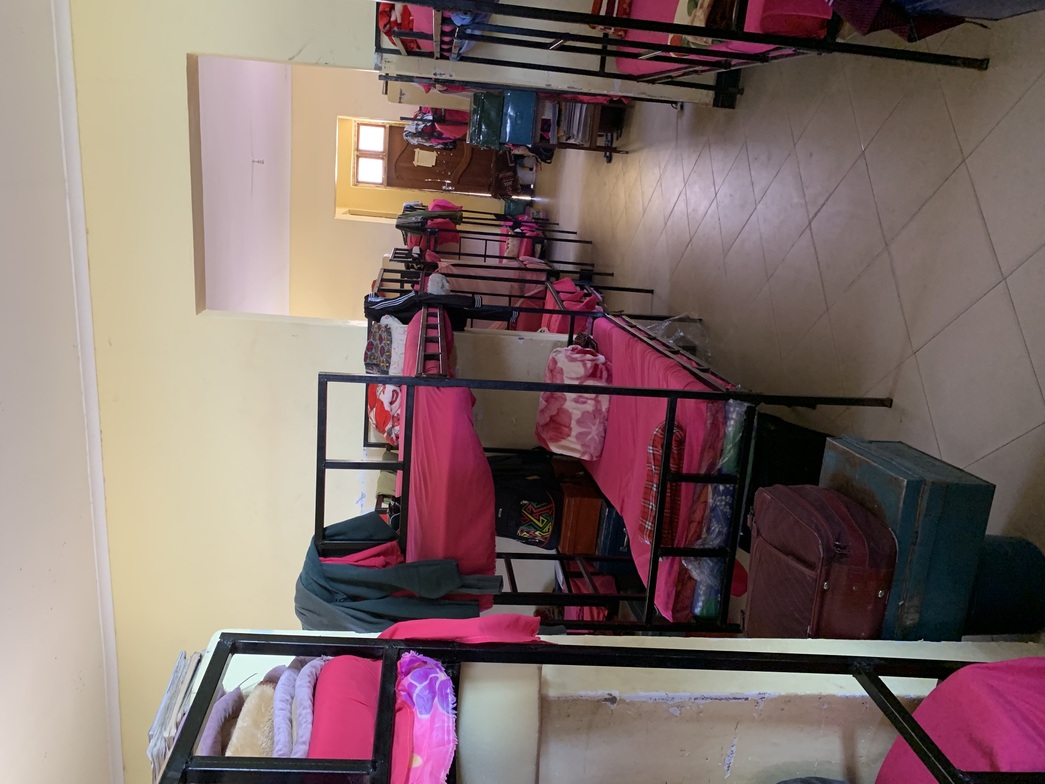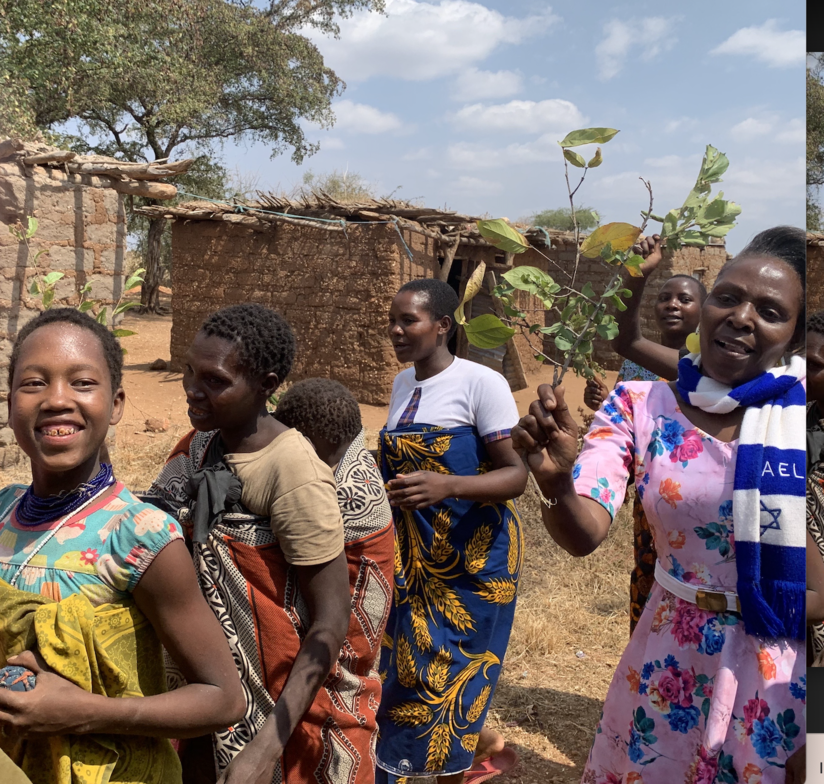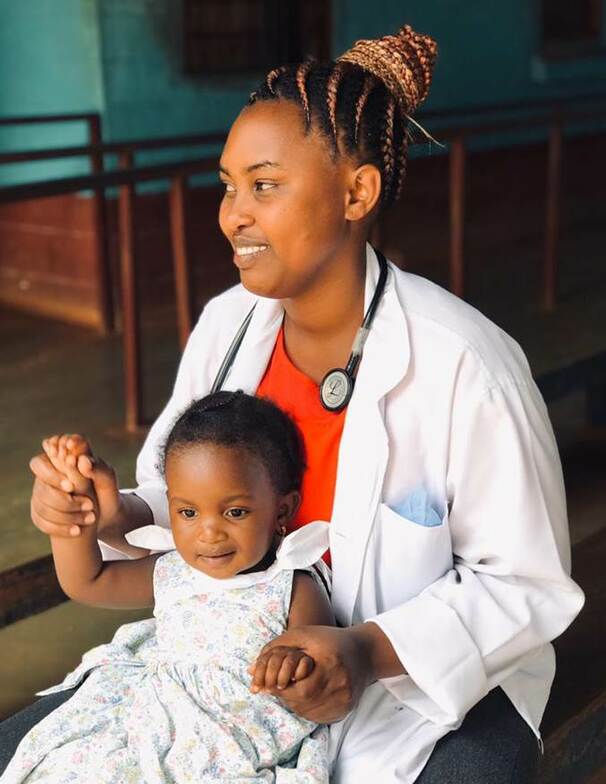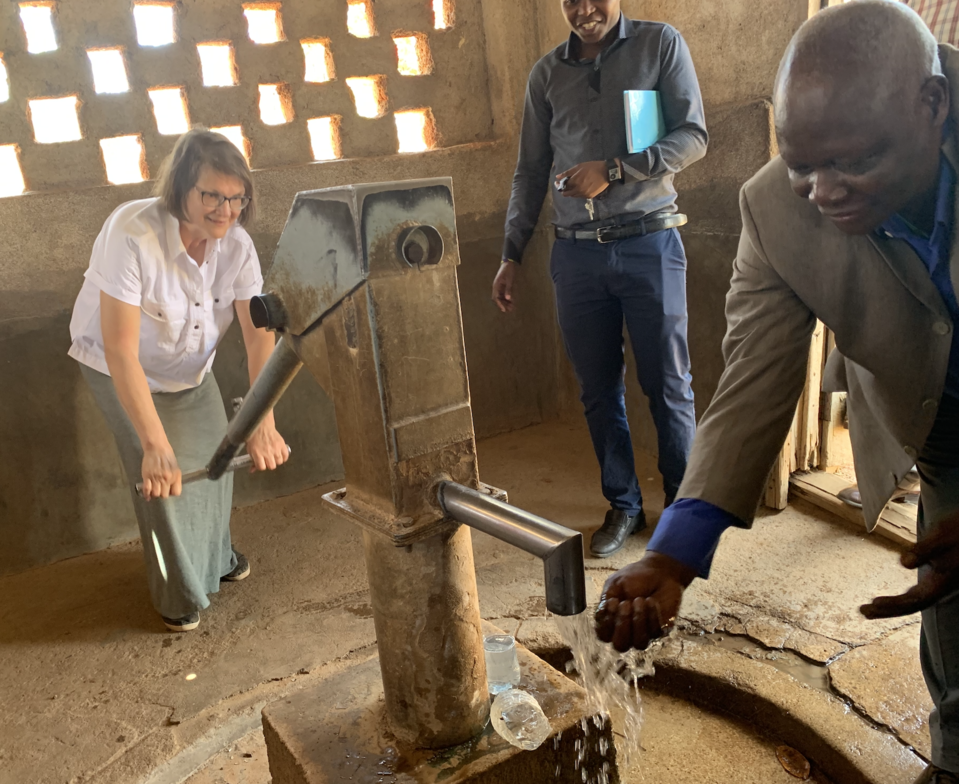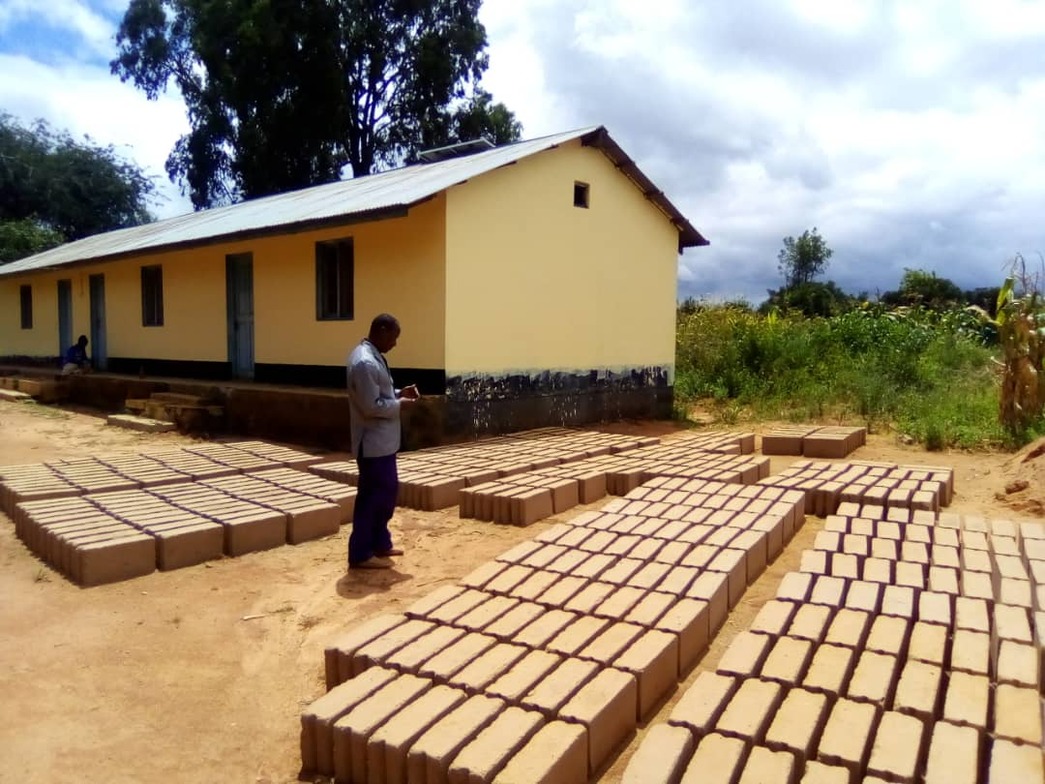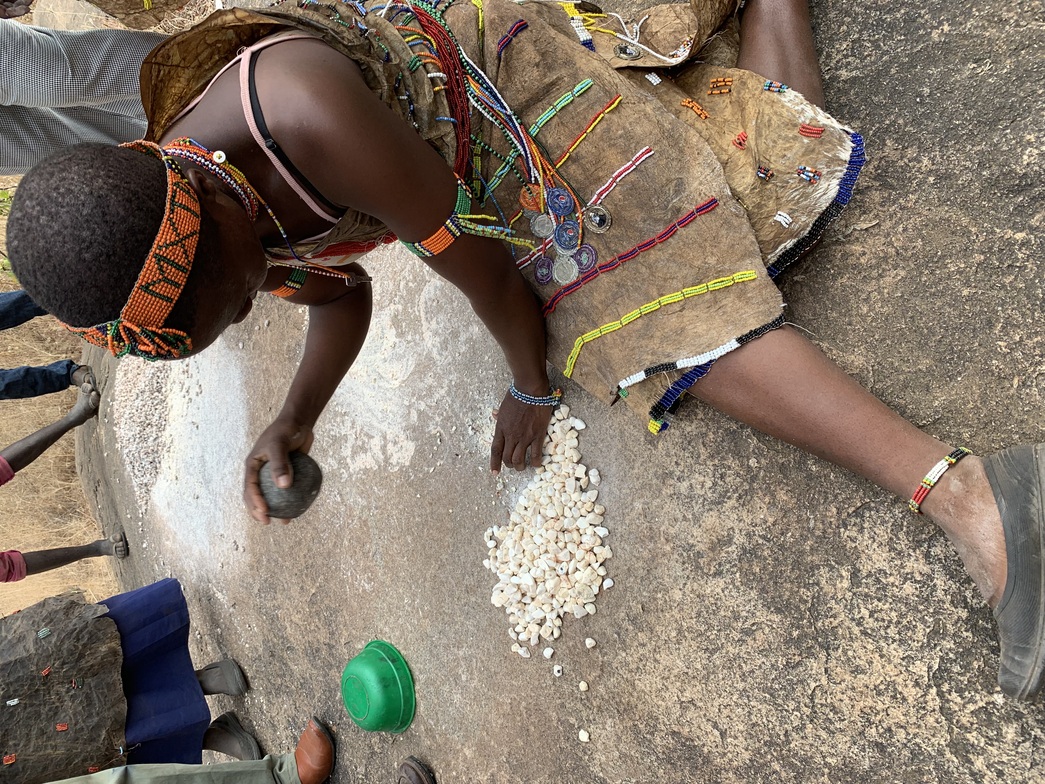Evangelical Lutheran Church in Tanzania - Central Diocese
In late 1989, the Southeastern Minnesota Synod was linked with the Central Diocese of the Evangelical Lutheran Church in Tanzania (ELCT-CD) as Companion Synods. The relationship has developed through exchange visits, sharing teachers, renovating the buildings at Kiomboi Lutheran Bible Institute, and forming sister congregation partnerships.
Frequently Asked Questions
ELCT-CD is the acronym for the Central Diocese of the Evangelical Lutheran Church in Tanzania. The Central Diocese is located in the north-central region of The Republic of Tanzania, a nation formed in 1964 with the merging of Tanganyika and Zanzibar.
69 million (as of 2024).
8.5 million confirmed members (2024), an increase from 6 million (2017).
Over 160 congregations... and growing!
Approximately 125 tribal groups are in Tanzania, with the largest group, the Sukumu, comprising most of the population of the Central Diocese.
63 years (compared to 71 years globally and 78.6 years in the United States).
Many Tanzanians know at least four languages, including their ‘mother tongue’, ‘father tongue’, Swahili, and some English. In primary school, children are taught in the national language of Swahili, with one hour a day being taught in English. In secondary school, it is reversed, with youth primarily taught in English, with one hour a day in Swahili!
The Central Diocese region is one of the three most impoverished regions of Tanzania. As 85% of ELCT-CD members live as subsistence farmers, offerings are literally ‘first fruits’ - produce, chickens & goats!
Maize, sunflowers, and soybeans.
Health Care in Tanzania
The Iambi Palliative Care Ministry provides home- and center-based care for rural folk living with chronic conditions (cancer, HIV-AIDS, heart disease, diabetes). The ‘ugali project’ - substituting the ugali (maize) grain for rice in nutrition packets - increases the quality of life for suffering people.
Scattered throughout rural areas of the Central Diocese, ten Lutheran dispensaries provide basic health care, including immunizations, malaria treatment, maternity- and well child-checks, for local populations.
Education in Tanzania
ISS is a nationally recognized school with its students consistently performing in the highest levels of the national examinations! A recent SEMN congregation-sponsored project brought electricity to the campus, empowering both students and staff with electric light for studying after the 6:30 pm sunset.
Since 2017, HHS has expanded its student population from eight to over 400 students - with a substantial waiting list! HHS students are well prepared for the national examinations, scoring in the upper tiers. The school is partnering with the SEMN Synod to bring a new ‘life skills’ curriculum, where students can learn the practical skills of cooking and sewing that will equip them for employment after graduation.
Preparing students for professions in science and technology, Ihanja Technical Secondary School experienced a rebirth in the midst of the pandemic. Its rapid expansion meets a critical need for quality education within the rural areas of the Central Diocese.
For decades, the Kiomboi campus was the location for the formation of pastors and evangelists. Since 2024, Kiomboi campus has served as a Junior Seminary - a secondary school with a curriculum centered on Lutheran theology. The Minnesota House and Minnesota Vehicle - honoring our synod’s partnership with the Central Diocese - continue to provide shelter and transportation for teachers, pastors, and visitors.
The Central Diocese and SEMN Synod congregations are partnering in the development of a new secondary school outside of the central city of Singida. Scheduled to be open in early 2026, this school will provide quality secondary education to girls of subsistence farmers who are unable to afford to provide education for their daughters beyond the compulsory primary school.
General Ministries
Food insecurity is a major challenge within the Central Diocese with over 40% of rural Tanzanian children experiencing chronic malnutrition. Hunger is pervasive within the Hazabe Tribal group, one of the last remaining hunter-gatherers on the African continent, as animals flee encroaching development and plants wither in climatic drought. For the past several years, the Central Diocese has responded to Jesus’ call to ‘feed the hungry’ by providing nutritious food to this remote community. With the elimination of USAID dollars, the need for life-giving food throughout Central Diocese communities will substantially increase.
For decades, SEMN Synod has partnered with the Central Diocese in providing tuition support in the formation of pastors and evangelists. In addition, SEMN pastors have served as adjunct faculty, providing instruction on specialized topics, including theology and preaching.
Accompaniment Partnership
Learn about the people and culture of the Central Diocese region of Tanzania
Share life together as the body of Christ through mutual prayer and worship.
Grow as a congregational community as you engage in a cross-cultural relationship.
Explore opportunities to engage in virtual and/or in-person visits to your new friends!
Financial Partnership
- Provides basic health care, food, and fresh water for people in rural settings
- Provides life-saving pharmaceuticals, including anti-malarials, antiretrovirals, malaria preventatives, that are no longer available to rural communities due to the elimination of USAID
- Expands the palliative care ministry by funding personnel needed to fill the gaps caused by the elimination of USAID
- Provides rural children a quality secondary education in a Central Diocese school
- Develops the infrastructure and equip the classrooms for the new life skills curriculum, providing vocational training for students in preparation for jobs that will sustain families and impoverished communities
- Equips and expands the new Kititimo Girls Secondary School to educate girls whose families cannot afford secondary education for their daughters
- Equips pastors and evangelists to bring the good news of the love of God through Jesus to people throughout rural communities in the Central Diocese
- Partners with the Central Diocese in developing the infrastructure needed to sustain ministries of education, health care, and service to the marginalized.
